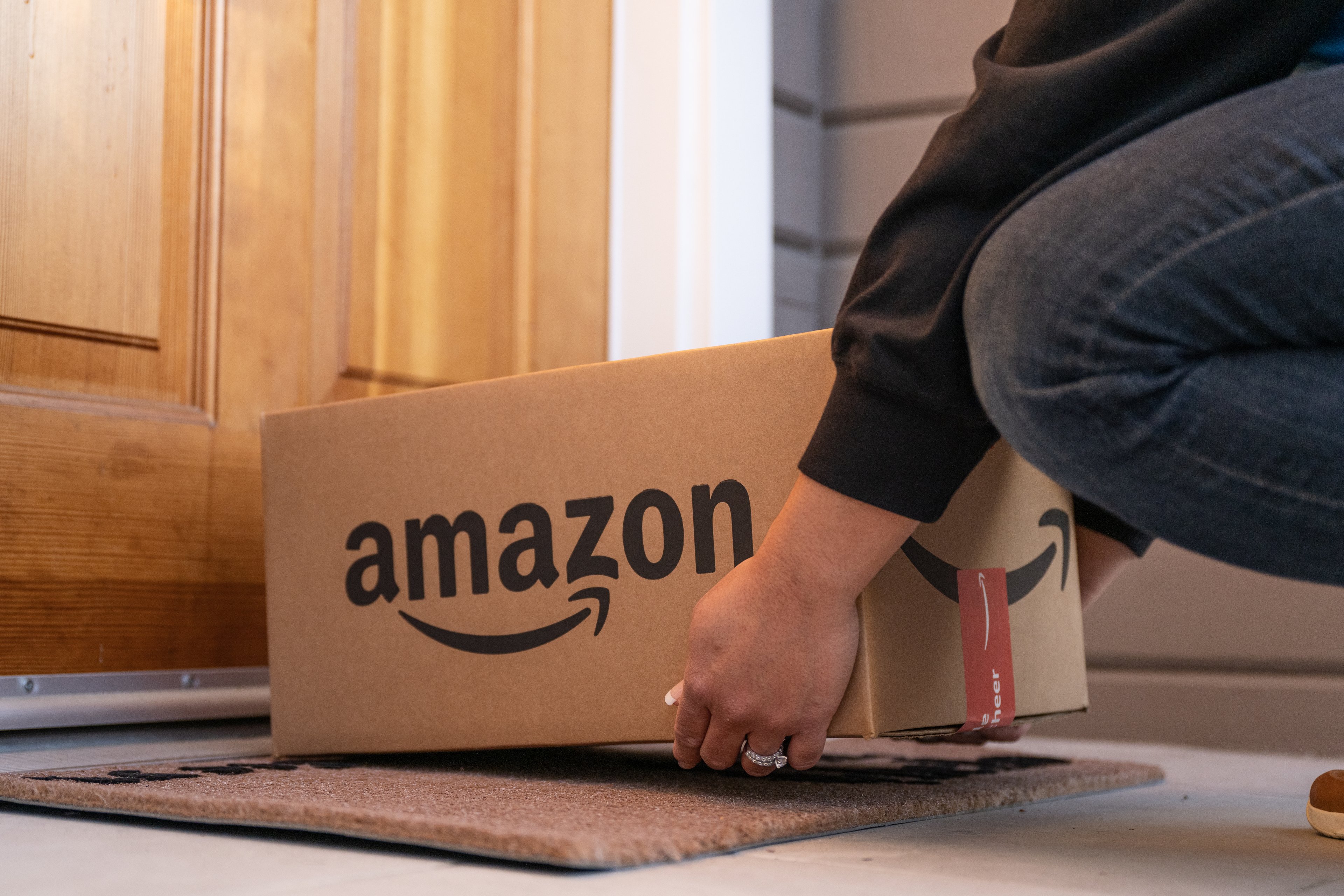Some tech companies have moats that are so wide that competitors can't cross them without drowning. These types of companies make great long-term investments, since they're generally so far ahead that they can use their scale to stamp out smaller rivals and secure major partnerships.
Today, we'll examine three tech companies that have killer advantages against their rivals -- Amazon (AMZN 1.00%), Facebook (FB 2.95%), and Tencent (TCEHY 3.72%) -- and see why it's so tough to compete against them.

Image source: Getty Images.
Amazon
Amazon has two killer advantages -- it owns the largest e-commerce site in the world and Amazon Web Services (AWS), the largest cloud platform in the world. AWS has an annual run rate of nearly $15 billion, and that high-margin business offsets the lower margins of its e-commerce business.
This business model enables Amazon to keep expanding its prisoner-taking Prime ecosystem with new low-margin or loss-leading initiatives, like Kindle tablets, Echo smart speakers, Fire TV set-top boxes, Dash buttons, and even brick-and-mortar stores. Research firm CIRP claims that the average Prime member spends $1,300 per year on the site, compared to just $600 for non-members -- so this system is definitely hurting legacy retailers.
Wal-Mart has been trying to counter Amazon with new e-commerce initiatives, but it simply can't offer all the perks that Prime offers. Microsoft is trying to catch up to AWS with Azure, but the platform remains a distant second in the cloud platform race.
Facebook's killer advantage is simple: it's the biggest social networking site in the world, with 1.94 billion monthly active users (MAUs). Since none of its rivals can match that reach, it remains the first stop for companies to launch social media ad campaigns.

Image source: Facebook.
Facebook has been capitalizing on that growth by investing in video and expanding its ecosystem with additional communications apps like WhatsApp, Instagram, and Messenger. WhatsApp has 1.2 billion MAUs, Instagram has 700 million MAUs, and Messenger -- which Facebook is turning into a monolithic platform for mobile payments, mini-apps, bots, ride-hailing services, and other services -- reaches another 1.2 billion MAUs.
That massive ecosystem helps Facebook challenge Alphabet's Google in the internet advertising space. Whereas Google crafts targeted ads with users' search queries, Facebook creates ads for a user's "social graph" -- which arguably gives it clearer insights into a user's personal interests.
Tencent
Tencent might not be a familiar name to U.S. investors, but it's China's biggest tech company. Its flagship app, WeChat, is the most popular mobile messaging app in China with 938 million MAUs. Its older PC-based messaging app QQ still reaches 861 million MAUs, and its social network Qzone serves 632 million MAUs.

WeChat's mobile app. Image source: Google Play.
When we compare those figures to China's current population of 1.4 billion, it's obvious that Tencent is the 800-pound gorilla of the Chinese internet market. But that's not all -- Tencent also owns a massive portfolio of blockbuster games, including top e-sport title League of Legends and the mobile hit Clash of Clans. It also owns a major stake in Activision Blizzard, and licenses the company's hit Call of Duty series in China. And it is also investing heavily in next-gen technologies like artificial intelligence and driverless cars.
Tencent's massive ecosystem enabled it to turn WeChat into a monolithic platform for online-to-offline services like ride hailing, food deliveries, and mobile payments. Its growth across all these areas have forced rivals like Baidu, SINA, and Alibaba to forge new partnerships to remain competitive.
The key takeaways
Amazon, Facebook, and Tencent are so far ahead of their rivals that they won't likely face serious competitive threats in the near future. But that doesn't mean that investors should consider them unstoppable.
Amazon could stagnate if AWS' bottom line growth wanes under growing pressures in the cloud platform market. Facebook's MAU growth could peak and it could run out of fresh ways to monetize its users. Tencent could be hurt by tougher government regulations on social networks and gaming. Therefore, investors should weigh all those risks against the potential rewards before investing in these high-growth stocks.










